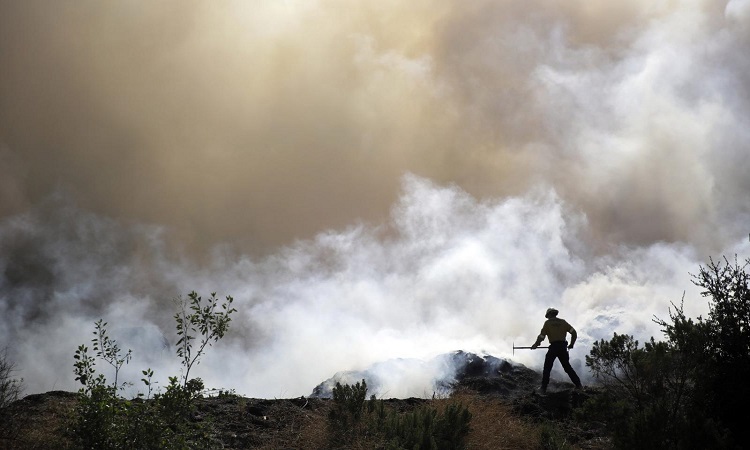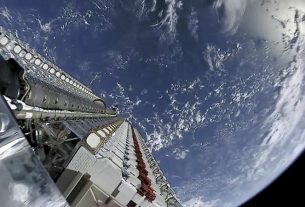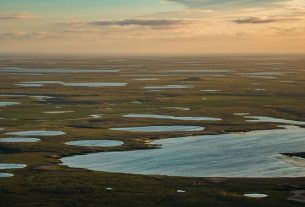A new study published in Nature on April 8 warns of the risk of widespread loss of biodiversity in connection with climate change. More specifically, the authors show that these losses would occur suddenly – and not gradually – while stressing that certain regions of the globe are already threatened.
The living world reacts very quickly to climatic variations. The numerous changes already observed the bear witness to this. Among others, we can cite migrations of species, decreases in genetic diversity or even the functional alteration of certain ecosystems such as coral reefs or the Amazon rainforest.
Also, global warming is expected to become the main driver of biodiversity loss in the years and decades to come. However, according to the results obtained by a new study, it is even a catastrophic decline that threatens if the rise in mercury continues at the current rate.
Towards abrupt changes in biodiversity
In their paper, the authors assessed where and when deep ecosystem disturbances were likely to occur. To do this, they used thermal and water projections from 22 climate models that they crossed with the geographic ranges of more than 30,000 marine and terrestrial species. One of the main results of the work was the highlighting of the abrupt character of the identified transitions.
“We have found that the risks to biodiversity do not appear gradually. Instead, as the climate warms up in a certain area, most species will be able to cope for a while. Until crossing a threshold when a large part of the species will suddenly be confronted with conditions that they have never known before “explains Alex Pigot, co-author of the study. “It’s not a gentle slope, but a series of cliffs hitting different areas at different times.”
The results show that with uncontrolled warming, more than 15% of biological communities – defined as groupings of several species – would exceed their critical threshold by 2100. This figure drops to only 2% within the framework of warming compatible with the Paris agreements. However, in both cases, the ecosystems with the greatest biological diversity are highly threatened. One thinks among other things of coral reefs.
Limiting climate change and saving species from extinction
“Our results underscore the urgent need to mitigate climate change, by immediately and drastically reducing [greenhouse gas] emissions. This could help save thousands of species from extinction, “said Alex Pigot. “Keeping warming below 2 ° C effectively smooths the biodiversity risk curve, giving species and ecosystems more time to adapt. Whether by finding new habitats, changing their behavior, or with the help of human-led conservation efforts. “
Finally, a final point should be noted. The study probably underestimates the real extent of the expected erosion because it does not take into account the occurrence of extreme events. In fact, it is based on temperature and precipitation on an annual average. However, meteorological hazards tend to favor crossing of thresholds and therefore irreversible bifurcations. And even if the conditions would return to more favorable levels thereafter.




